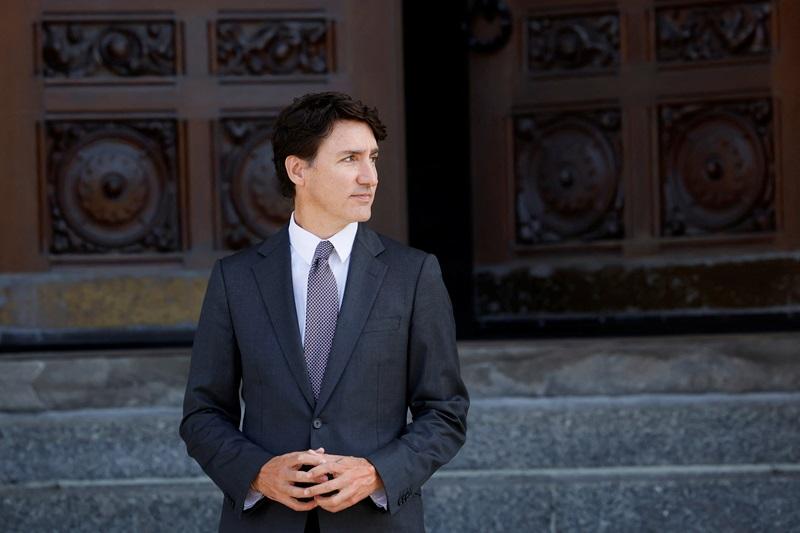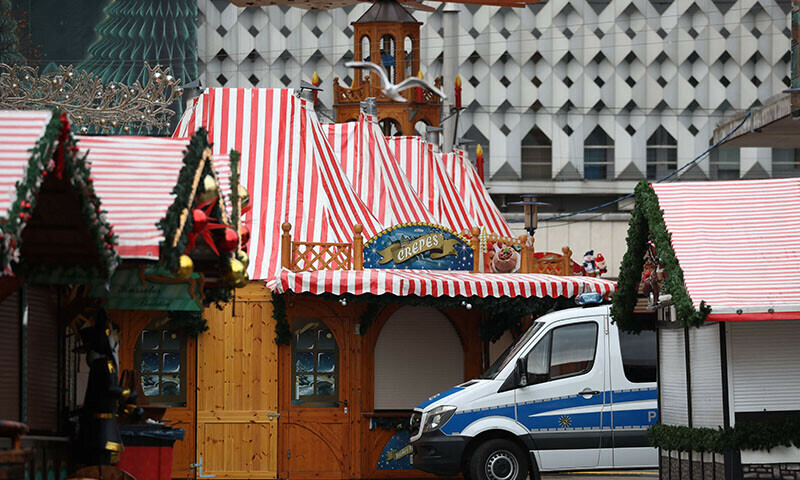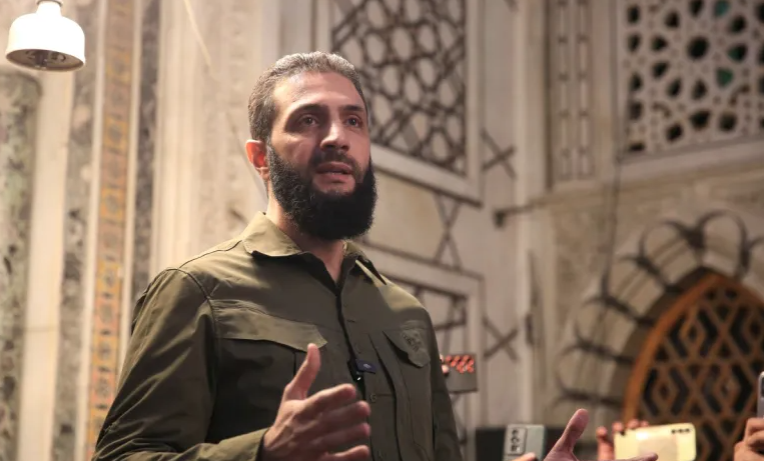WORLD NEWS

Canadian Prime Minister Justin Trudeau is facing a significant political crisis that could see him ousted from office early next year, as his key ally, New Democratic Party (NDP) leader Jagmeet Singh, announced plans to bring down the minority Liberal government. Singh stated on Friday that he would formally present a no-confidence motion after the House of Commons resumes from its winter break on January 27.
The motion, if supported by all opposition parties, could force Trudeau to step down after more than nine years in office. This would trigger a federal election. A series of polls over the past 18 months show the Liberal Party struggling with voter fatigue, particularly amid growing concerns over high living costs and an ongoing housing crisis. With the Conservatives in the lead, Trudeau's government is expected to face a heavy defeat in any upcoming election.
Singh, who has been key to keeping Trudeau's government afloat, voiced strong dissatisfaction with the Liberal Party's reliance on big business, saying it no longer has the confidence of the people. "No matter who is leading the Liberal Party, this government's time is up. We will put forward a clear motion of non-confidence in the next sitting of the House of Commons," Singh declared.
In response, the leader of the Bloc Quebecois, another major opposition party, pledged to support the motion, stating that there was no scenario in which Trudeau could survive. Meanwhile, Conservative leader Pierre Poilievre called on Governor General Mary Simon to recall Parliament and conduct a no-confidence vote before the year's end, though constitutional experts suggest this request would be denied.
The announcement of the no-confidence motion came at a time of heightened tension for Trudeau. Earlier this week, his finance minister, Chrystia Freeland, resigned, further undermining the government's stability. Trudeau's handling of the situation was notably quiet, as he skipped traditional end-of-year interviews with the media after overseeing a cabinet shuffle.
Singh’s decision to act swiftly carries political risks. Polls indicate that while the Liberals are on track for a defeat, the NDP is unlikely to benefit significantly from it, with many Canadians likely to shift support to the Conservatives instead. Darrell Bricker, CEO of polling firm Ipsos-Reid, noted that Singh could see an opportunity to position the NDP as the main opposition to the Conservatives, but warned that delaying action would be detrimental.
As the political drama unfolds, Trudeau’s future remains uncertain. Sources close to him suggest that he will use the Christmas break to consider his next steps, though a resignation before January appears unlikely. The timing is critical, as Canada faces the prospect of significant economic fallout from potential U.S. tariffs set to take effect under President-elect Donald Trump, who is slated to assume office on January 20, 2024.
The growing discontent within the Liberal Party, with around 20 members publicly calling for Trudeau to step down, is indicative of the mounting pressure on his leadership. Meanwhile, provincial premiers are expressing concern over the ongoing chaos in Ottawa, especially in the face of looming economic challenges.




